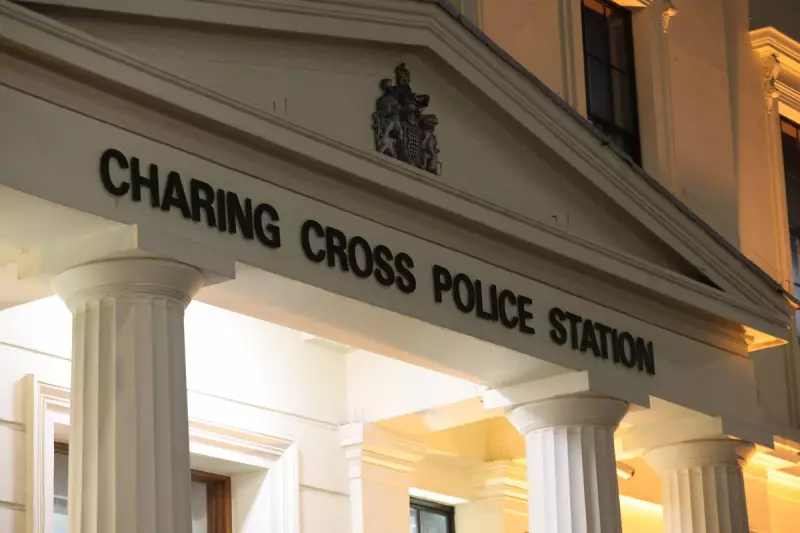
In a dramatic confrontation that has sent shockwaves through Westminster, Labour leader Sir Keir Starmer has taken the extraordinary step of challenging BBC director-general Tim Davie over a controversial Panorama investigation into the party's internal affairs.
Behind Closed Doors: The Tense Meeting
The Labour leader confronted Mr Davie during what was supposed to be a routine meeting between political leaders and the BBC's top executive. Sources close to the discussion reveal that Sir Keir expressed serious concerns about the programme's editorial approach and its potential impact on political impartiality standards.
The Panorama Investigation
The upcoming Panorama episode, scheduled to air next Wednesday, is understood to focus on Labour's candidate selection process. The investigation comes at a particularly sensitive time for the party as it prepares for potential general election campaigns.
According to insiders familiar with the production, the programme examines how Labour vets and selects its parliamentary candidates, with particular attention to recent controversies surrounding some prospective MPs.
Broader Implications for BBC's Political Coverage
This confrontation represents more than just a disagreement over a single programme. It highlights the increasingly strained relationship between political parties and public service broadcasters during a period of intense political scrutiny.
The BBC finds itself walking a tightrope between its commitment to investigative journalism and maintaining perceived impartiality ahead of crucial electoral periods. Mr Davie, who has made strengthening the BBC's impartiality a cornerstone of his leadership, now faces a significant test of that commitment.
Historical Context and Precedent
This isn't the first time Panorama has found itself at the centre of political controversy. The flagship investigative programme has previously drawn criticism from both major parties for its approach to political stories, though direct interventions from party leaders remain rare.
The timing of this confrontation is particularly noteworthy, coming as all major parties position themselves for what many expect to be a fiercely contested general election campaign.
What Happens Next?
As the scheduled broadcast date approaches, several key questions remain unanswered:
- Will the BBC alter the programme in response to Sir Keir's concerns?
- How will this public confrontation affect future relations between Labour and the broadcaster?
- What impact might this have on the BBC's broader political coverage during the election period?
Both Labour and the BBC have declined to comment publicly on the private meeting, but sources suggest the exchange was firm but professional, with both sides maintaining their positions while acknowledging the importance of their ongoing relationship.
The outcome of this standoff could have lasting implications for how public service broadcasters navigate the complex landscape of political journalism in an increasingly polarised media environment.






